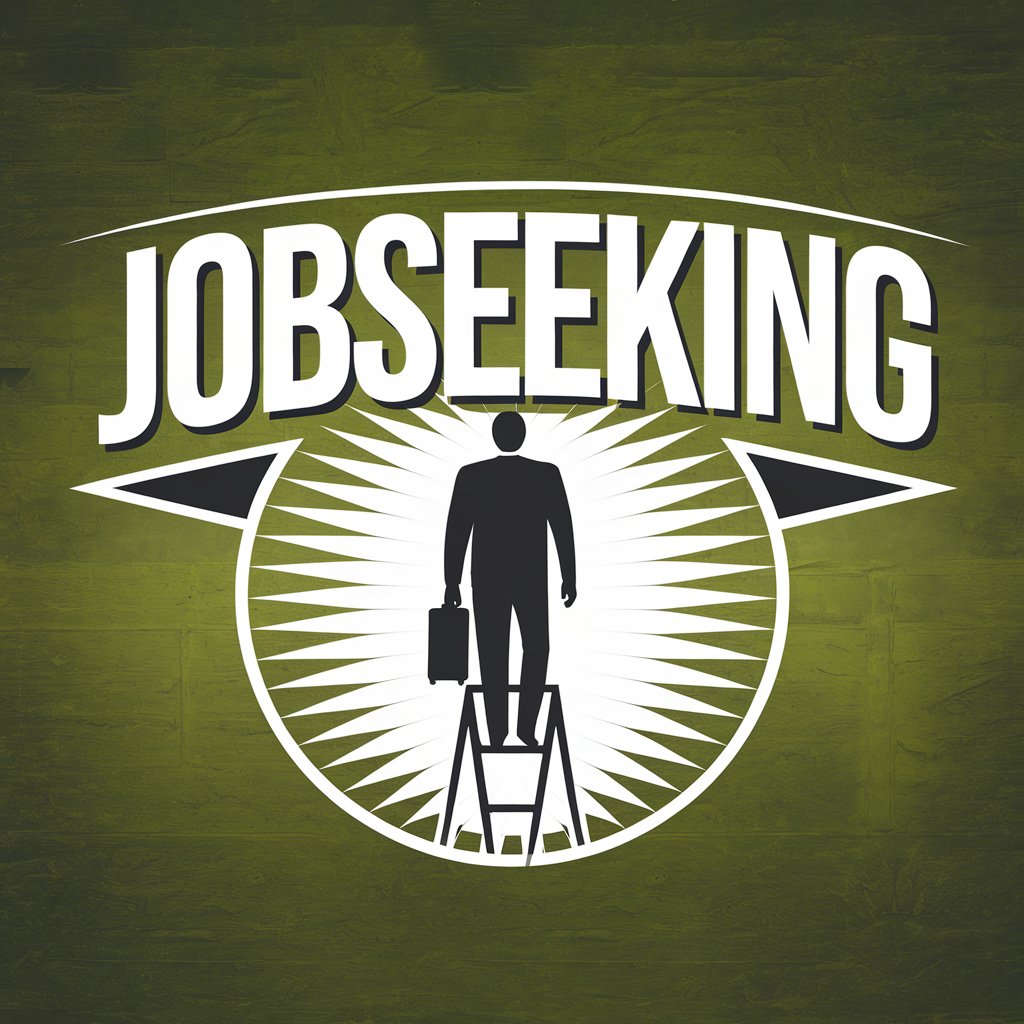Your cart is currently empty!
The Complete Guide to Job Interviews: Preparation, Performance, and Follow-up
Pre-Interview Preparation
Research and Background Work
- Study the company’s history, mission, and values
- Research recent news, developments, and projects
- Understand their products/services and market position
- Review the job description thoroughly
- Research your interviewers on LinkedIn if possible
- Prepare relevant examples of your experience
Interview Logistics
- Confirm interview time, format, and location
- Plan your route or test video conferencing setup
- Prepare extra copies of your resume
- Choose and prepare appropriate attire
- Plan to arrive 15 minutes early
- Bring necessary documents and materials
Common Interview Formats
Traditional One-on-One
- Usually with HR or direct manager
- Focus on experience and cultural fit
- Typically includes behavioral questions
- Often the first round of interviews
Panel Interviews
- Multiple interviewers, one candidate
- Different perspectives and questions
- More formal atmosphere
- Common for senior positions
Technical Interviews
- Skill-based assessments
- Problem-solving exercises
- Code reviews or writing
- Portfolio discussions
- Technical demonstrations
Behavioral Interviews
- Situation-based questions
- Focus on past experiences
- Use of STAR method essential
- Examples of handling challenges
The STAR Method
Structure Your Responses
- Situation: Set the context
- Task: Describe your responsibility
- Action: Explain your specific actions
- Result: Share the outcome and learning
Common Interview Questions
Standard Questions
- “Tell me about yourself”
- “Why are you interested in this role?”
- “Where do you see yourself in five years?”
- “What are your strengths and weaknesses?”
- “Why are you leaving your current position?”
Behavioral Questions
- “Describe a challenging situation…”
- “Tell me about a time you failed…”
- “How do you handle conflict…”
- “Give an example of leadership…”
- “Describe your biggest achievement…”
Body Language and Presentation
Physical Presence
- Maintain good posture
- Make appropriate eye contact
- Offer a firm handshake
- Show engagement through nodding
- Use natural hand gestures
- Display confident body language
Virtual Interview Considerations
- Test technology beforehand
- Ensure proper lighting
- Use neutral background
- Look at camera when speaking
- Minimize distractions
- Dress professionally fully
Questions to Ask Interviewers
About the Role
- Day-to-day responsibilities
- Success metrics
- Challenges and opportunities
- Team structure and interaction
- Growth potential
About the Company
- Company culture
- Future plans and goals
- Team dynamics
- Professional development
- Management style
Interview Day Strategies
Mental Preparation
- Get adequate rest
- Eat a light meal
- Review key talking points
- Practice deep breathing
- Arrive early
- Stay hydrated
During the Interview
- Listen actively
- Take brief notes if needed
- Ask for clarification when necessary
- Show enthusiasm and interest
- Be authentic and honest
- Stay focused and engaged
Post-Interview Actions
Follow-Up
- Send thank-you notes within 24 hours
- Personalize messages to each interviewer
- Reference specific conversation points
- Reiterate interest in the position
- Address any overlooked points
Evaluation
- Review your performance
- Note questions for future reference
- Document key discussion points
- Consider areas for improvement
- Prepare for next steps
Red Flags to Watch For
Company Culture
- High turnover rates
- Unclear expectations
- Negative interviewer attitude
- Disorganized process
- Inconsistent information
Position Details
- Vague job responsibilities
- Unclear reporting structure
- Inconsistent salary information
- Unrealistic expectations
- Poor growth potential
Negotiation Preparation
Research
- Industry standard salaries
- Company compensation structure
- Benefits packages
- Bonus structures
- Career progression paths
Discussion Points
- Base salary
- Benefits package
- Work flexibility
- Professional development
- Performance reviews
- Start date and logistics
Special Circumstances
Career Changes
- Focus on transferable skills
- Emphasize learning ability
- Show industry knowledge
- Demonstrate enthusiasm
- Address concerns proactively
Gap in Employment
- Be honest about the gap
- Highlight productive activities
- Focus on current capabilities
- Show readiness to return
- Emphasize current goals
Remember that interviews are a two-way conversation. While the company is evaluating you, you’re also assessing whether the role and organization align with your career goals and values. Success in interviews comes from thorough preparation, authentic presentation, and thoughtful follow-up.
Stay confident, be yourself, and remember that practice makes perfect. Each interview, regardless of outcome, is an opportunity to learn and improve your interviewing skills for future opportunities.
